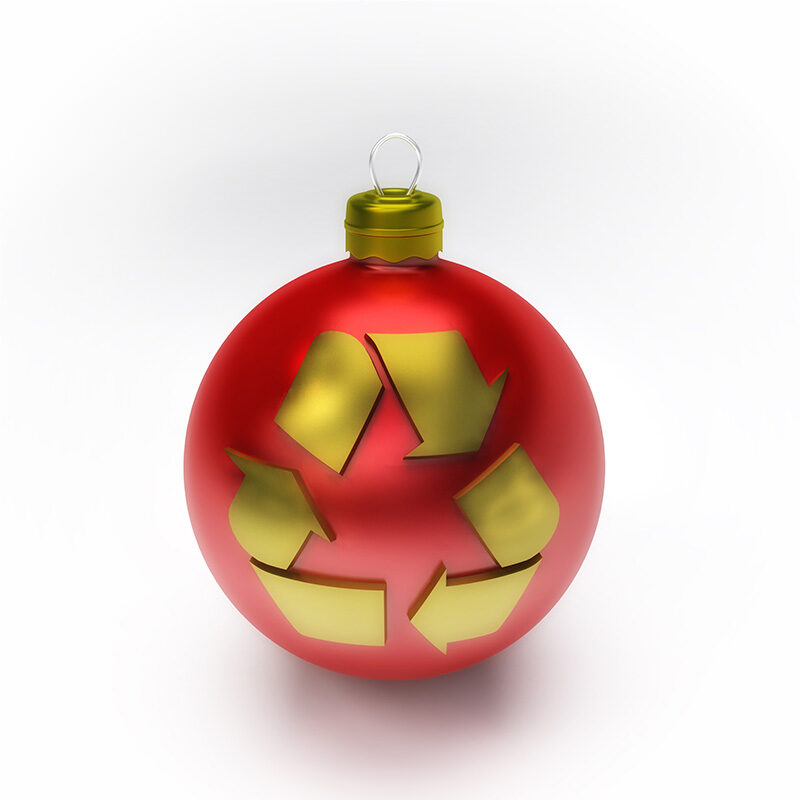
Is nature bathing right for you? What it is and tips for how to get started
If your doctor prescribed you a day of sick leave in the forest, for anxiety and high blood pressure instead of pharmaceuticals, would you question his judgement?
Who reading this hasn’t ever experienced degree stress, anxiety, depression, insomnia, brain fog, etc.? In these times especially, finding a sustainable and natural way to ‘restore’ is crucial to mental and hence physical health.
WELL, this missing ingredient is the simplest and most fun prescription you will receive. You just need to follow these guidelines to get the most from your time in nature.
What is Nature Bathing?
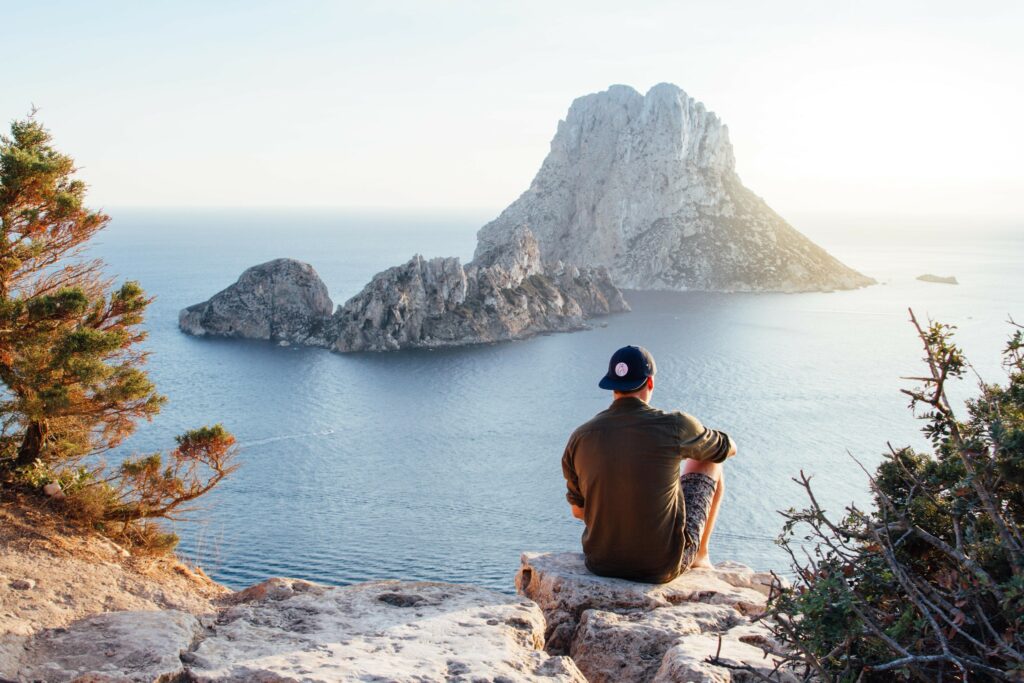
It is a Japanese term, coined in the 1980’s “as a physiological and psychological exercise called shinrin-yoku (“forest bathing” or “taking in the forest atmosphere”).
What does it involve?
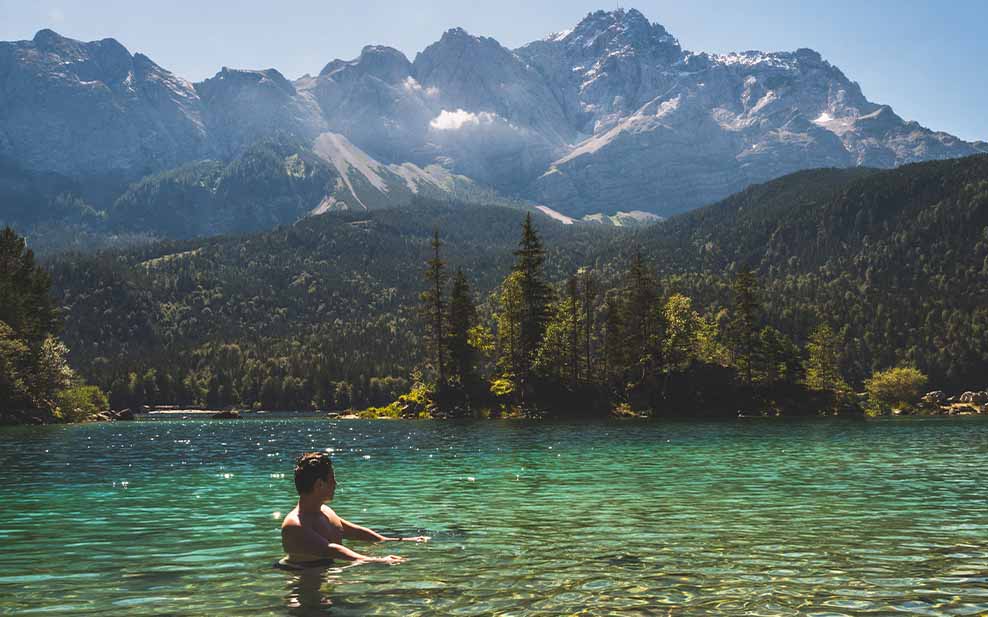
Spending a minimum of 15 minutes per week fully immersed in nature, absent of any urban sound.
Examples of this are:
- Swimming, or simply floating in a stream or lake
- Hiking, walking, or camping in a forest
- Swimming in the sea or sunbathing
What is the purpose?
Japanese researchers found that time in forests and woodlands could actually reduce blood pressure, lower cortisol (stress hormone) levels, and even improve memory and the ability to focus.
What has my experience been?
As someone immersed in holistic healing, I am more sensitive to others’ energies than most. Simply living in a densely populated city as Hong Kong, I can feel the daily collective emotions and thoughts of people accumulating on me.
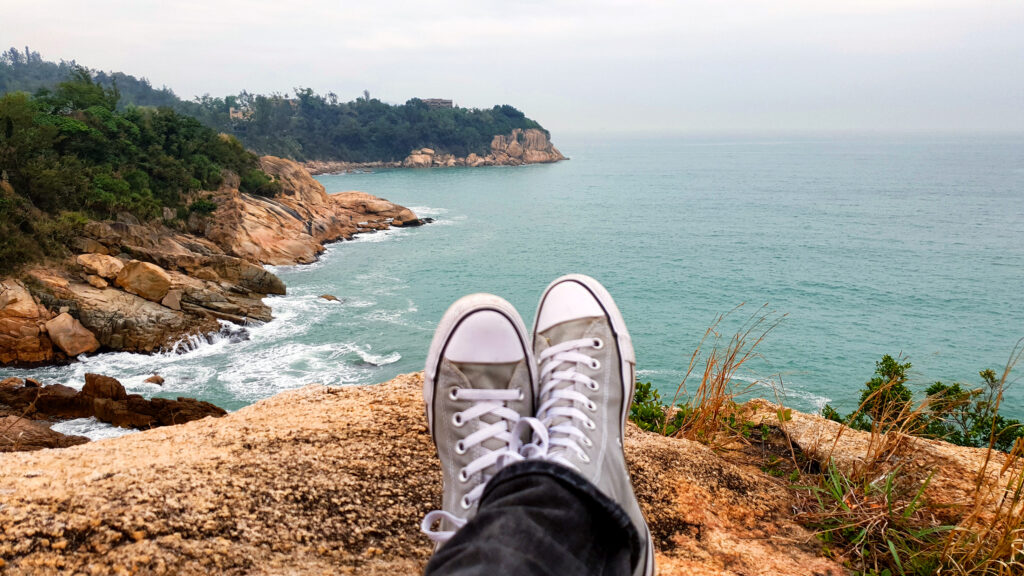
While showering twice daily helps, I have a weekly ritual of hiking on rarely travelled trails, or swimming in the sea at sparsely populated beaches. Just the sensation of being connected to earth via fresh, clean air or sea water leaves me feeling like layers of external accumulation have gone from my body. After nature bathing, I’ve consistently felt much lighter, more creative, mentally clearer and more energised. My preference is doing it solo, however, sometimes I invite people with similar intentions along.
What are the guidelines to get the most from your experience?


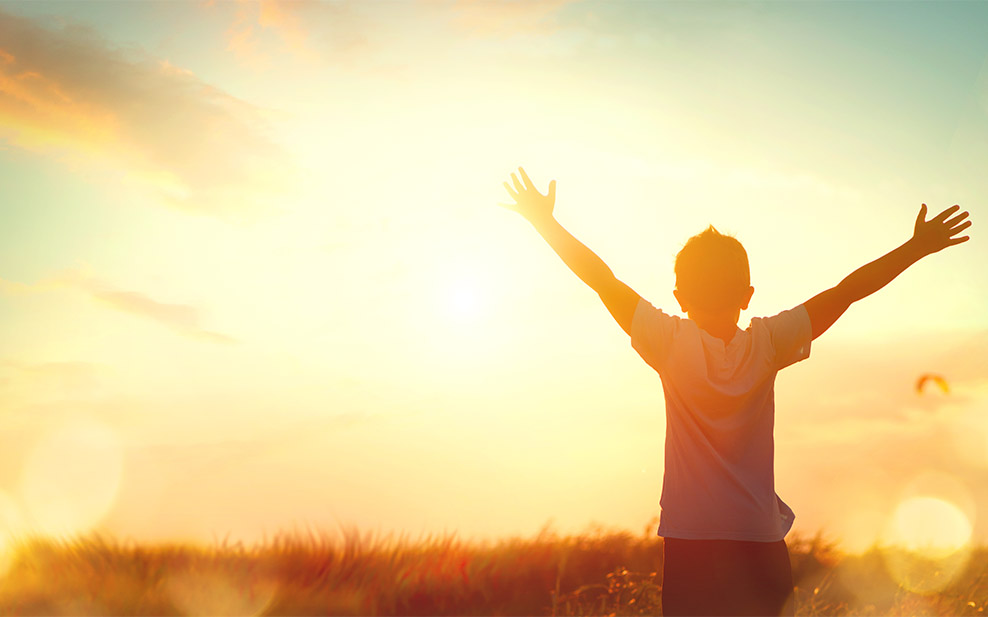
- Turn off your phone (except when navigating)
- Maintain at least 2 metres of distance from others, even your friends, family, partner, etc.
- Silence is highly recommended.
- Maintain sufficient hydration (though having an empty stomach is optimal)
- On a windy day, ensure as much as possible your body faces the wind, and have as much of your skin comfortably exposed as possible.
- When in rain, ensure that as much of your skin is comfortably exposed as possible
- When comfortable, remain barefoot for at least 10 minutes, either on soil, in water, or on a rock. (Sometimes, I hike barefoot)
- Keep alcoholic and caffeine consumption to a minimum on that day.
- Keep your diet as meat and dairy free as possible on that day.
- Wear loose, natural fiber and colourful clothing (avoid wearing black, dark blues, greys, etc)
- Nature bathe when the sun is out, ideally between sunrise and sunset
- Meditation is unnecessary. Simply sitting and observing the light, colors, sounds, scents, and sensations are sufficient
How does it all work?
Breathe:
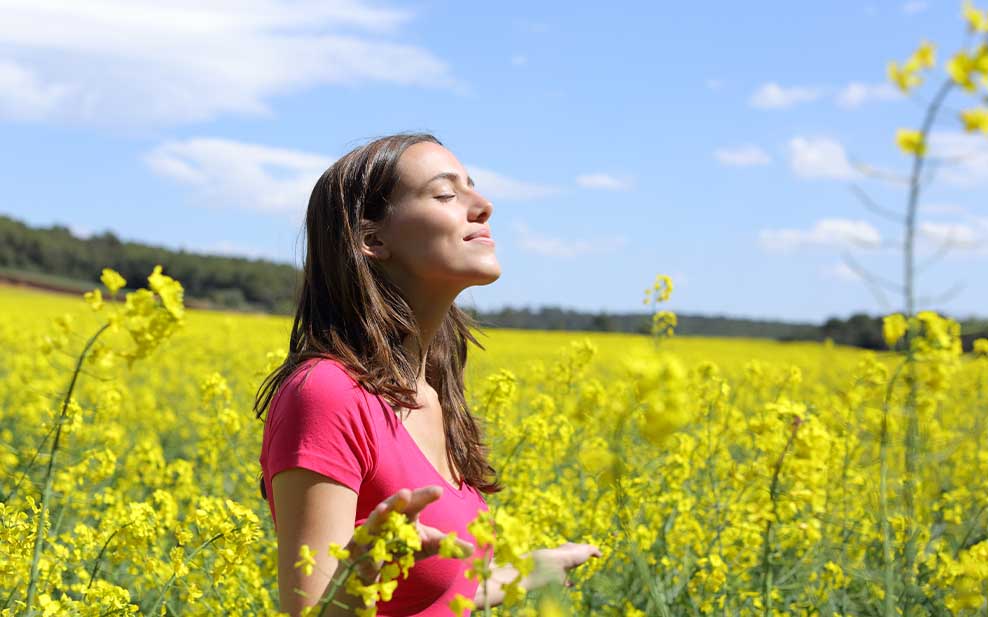
We all know that plants absorb carbon dioxide and emit oxygen. But did you know that they also collectively emit phytoncides? These are natural organic compounds that protect the trees from harmful germs and parasites.
When we inhale these compounds, our bodies respond by reducing blood glucose levels, encouraging the production of cancer-fighting proteins, reducing cortisol (stress hormone) levels and reducing nervous system activity and oxidative stress.
(Sun)Light:
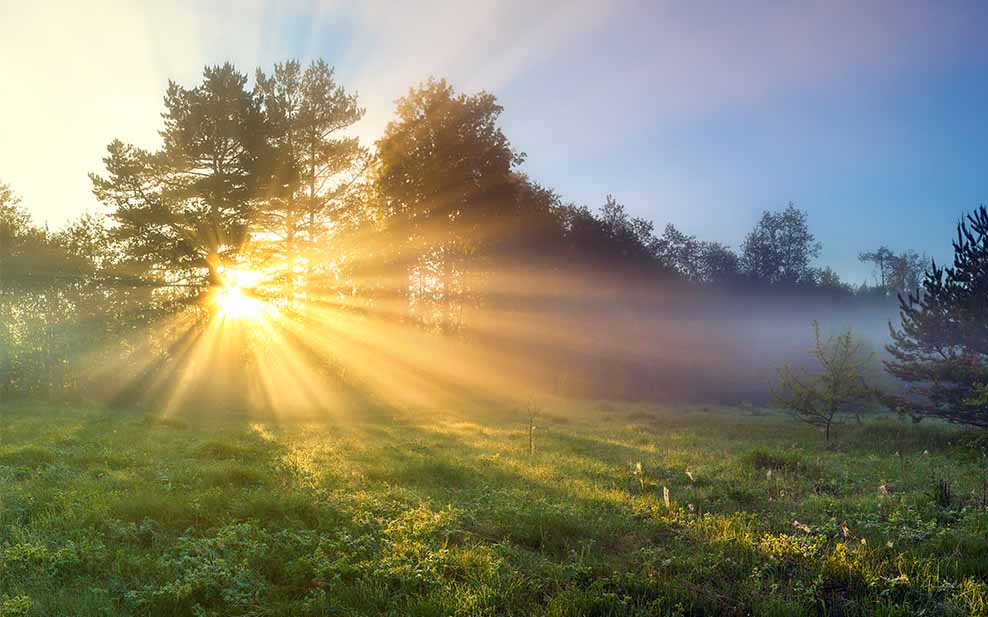
Have you noticed that on rainy or overcast days, you feel less energetic, and even lethargic? However, on sunny, bright and cloudless days, you feel energised, excited and more motivated? Studies have proven that with direct exposure to sunlight our bodies produce more serotonin (“happy hormones”) – responsible for improved bone health, enhanced sleep, faster wound healing, and for staving off depression and anxiety.
(Rain)Water:
While rainwater may not be safe to drink untreated, bathing, or just walking in it has health benefits. According to the journal of Atmospheric Chemistry and Physics, the air is cleaner during and after rain. This is because each droplet catches airborne pollutants as it falls, so as sound advice, only walk exposed in rain after the first rain of the season.
Also, did you know that rain water is alkaline in nature? Because of this alkalinity it can clean our hair, (leaving it softer than the hard water from our shower would) and moisturise our skin.
Earth:
According to an article in ScienceDirect, because of earth’s natural negative electrical charge, having direct contact with the earth effectively neutralises free radicals in our body. Additionally, this neutralisation works to “stabilise the physiology at the deepest levels, reduce inflammation, pain, stress, improve blood flow, energy, and sleep”. Even less known, coming in regular contact with the earth can improve vagal tone – which is responsible for stabilizing and increasing your parasympathetic nervous system activity. An increased parasympathetic nervous system translates to lowered blood pressure, faster recovery, slower heart and breath rate and better digestion. All of the above are crucial in maintaining good quality sleep and hence better mental and emotional health. Earthing can easily be done on surfaces such as grass, soil, gravel, stone and sand.
Wind:
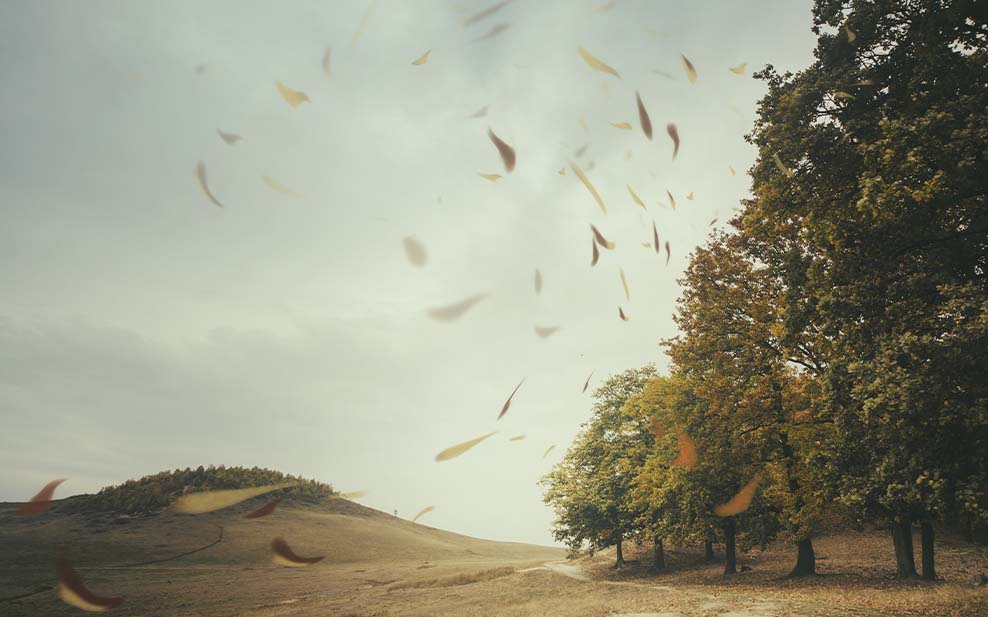
Are you aware right now of the air quality around you, sitting in an enclosed air-conditioned space or a crowded urban area?
When I mentioned optimally bathing in nature away from urban sounds, I specifically meant construction and vehicle noise. While modern vehicles are quite clean, it’s important to understand that airborne emissions from exhaust and construction are heavy and harmful to our lungs. In order for our skin cells to remain open and absorb as much oxygen as possible, when nature bathing, we should be as far as possible from operating machines.
When exposed to cleaner air, our skin pores naturally open more than usual, and subsequently increase oxygen levels to our brain, increasing our levels of serotonin – the chemical responsible for feeling calm, happy, emotionally stable and focused.
Additionally, wind from an open source, such as the sea or a mountain, has a strong effect of cleansing your aura or energetic field of negative energy. According to Psychreg, this is one way to maintain optimal mental and emotional health.
Conclusion
While the above may seem complicated, the prescription is simple and fun! Just go outside and explore a country park, cancel all social plans, check the weather and enjoy your day!
Disclaimer: “Views and opinions expressed in this article are the solely that of the author and should not be considered professional medical advice. Any action taken from this advice is strictly at your own risk. We will not be liable for any losses or damages in connection with the use of this information, or any other information posted on this website.”
About the author: Born from a natural desire to constantly enhance life, once Rahul Kalra’s own was well established, he turned outward toward helping others.
He founded Holistic Bodywork Therapy to embody empowerment, in whatever way serves each individual best.
Rahul is available for customized bodywork therapy sessions aimed at improving physical health from chronic pain, weak immunity, poor digestion in addition to enhancing emotional health from PTSD, chronic stress, post breakup-depression and eating disorders.
Email him at: Rahul@holistic-bodywork-therapy.com
Written exclusively for WELL, Magazine Asia by Rahul Kalra.
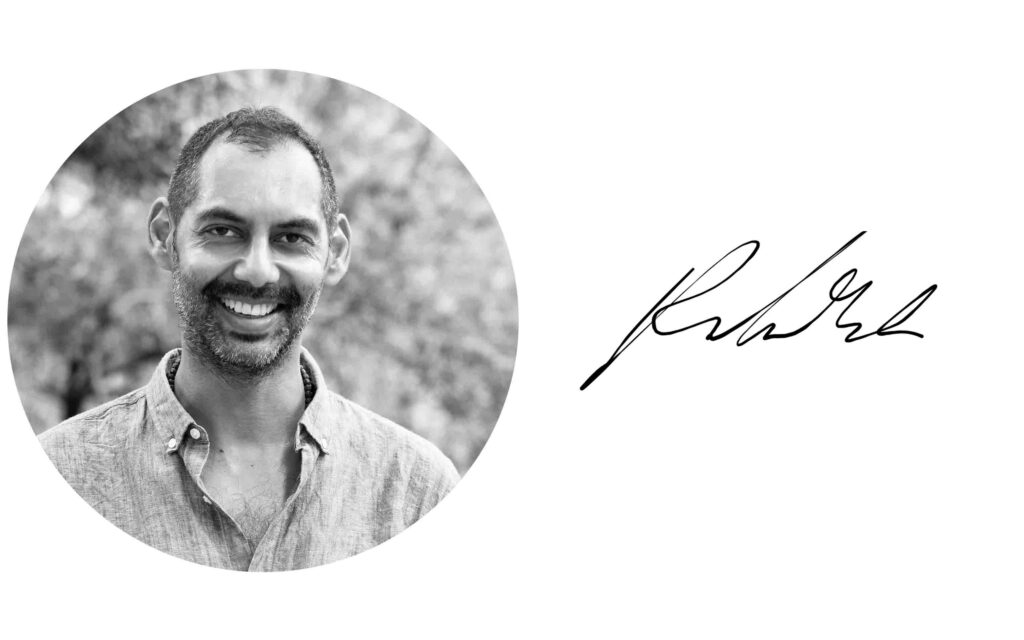
Thank you for reading this article from WELL, Magazine Asia. #LifeUnfiltered.
Connect with us on social for daily news, competitions, and more.

